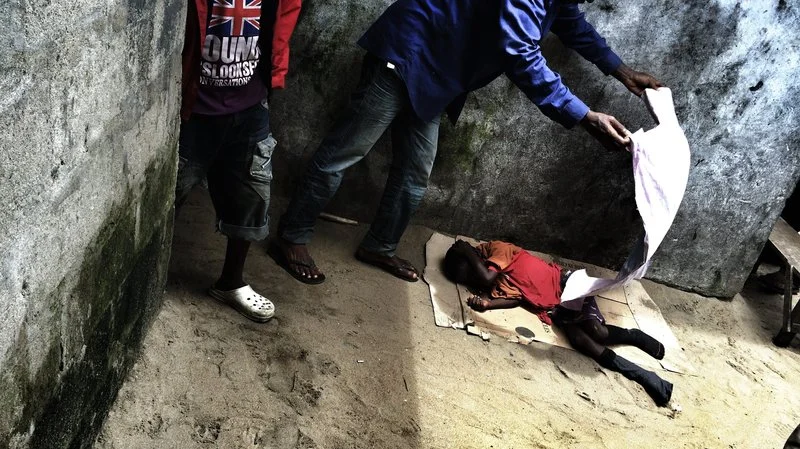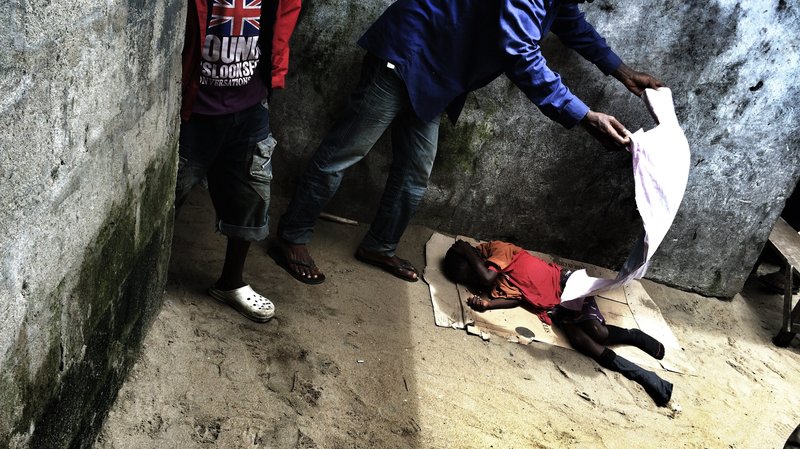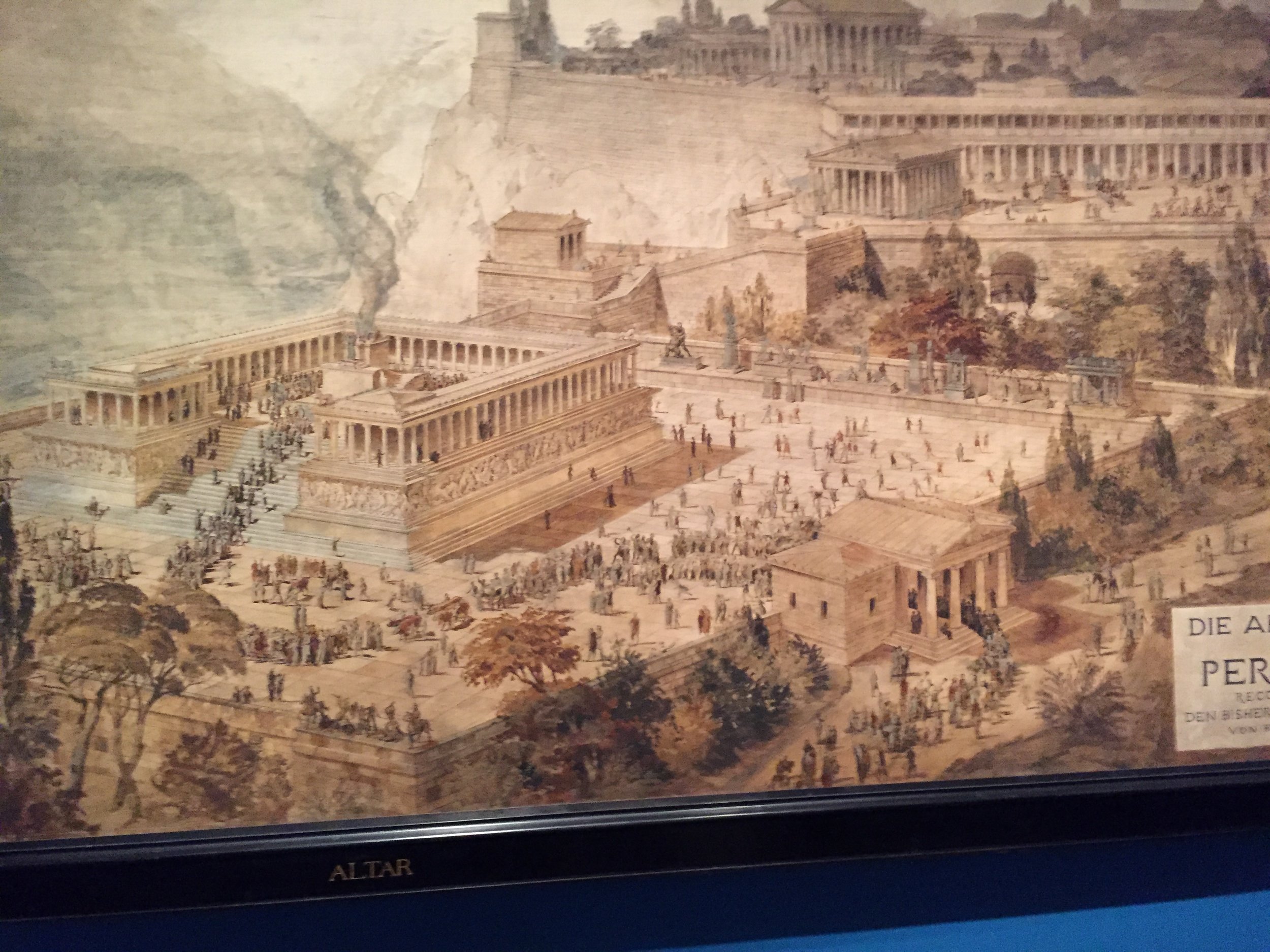Radical Islamist Christian Judaic Terror
Radical Islamist Terror. Why won’t Barack Obama say those three words? His failure to do so, I read, is why we are forever vulnerable to attack from radical Islamic terrorists. And his failure to do so keeps alive all the whispered conspiracy theories about his background, his motivations, his true beliefs. It’s clear that many of the terror groups with whom the U.S. is engaged are driven at least in part by their Islamic identity. Scott Atran, a French and American anthropologist and a leading authority on terrorism, contends that, however brutal and repugnant ISIS is to us and most Muslims, it speaks directly to people who “yearn for the revival of a Muslim Caliphate and the end to a nation-state order the Great Powers invented and imposed.”
But, he notes, “what inspires the most lethal terrorists in the world today is not so much the Koran or religious teachings as a thrilling cause and call to action that promises glory and esteem in the eyes of friends.” Or, in the case of lone-wolf mass killers, an outlet for their murderous anger.
If Islam provides a rationale for terrorism, why not just say so? And then why not also say that the Baptist pastor who said from the pulpit that “the tragedy [of Orlando] is that more of them didn’t die” speaks for Christianity? Or the KKK practices Protestant terror? Or the Revolt, which seeks the creation of a Jewish kingdom based on religious laws and expulsion of all non-Jews from Israel, Jewish terrorism? After all, that’s what they are.
But it is also what they are not. These groups want us to believe they speak for their religions. But they don’t, and Obama is right to say so.







